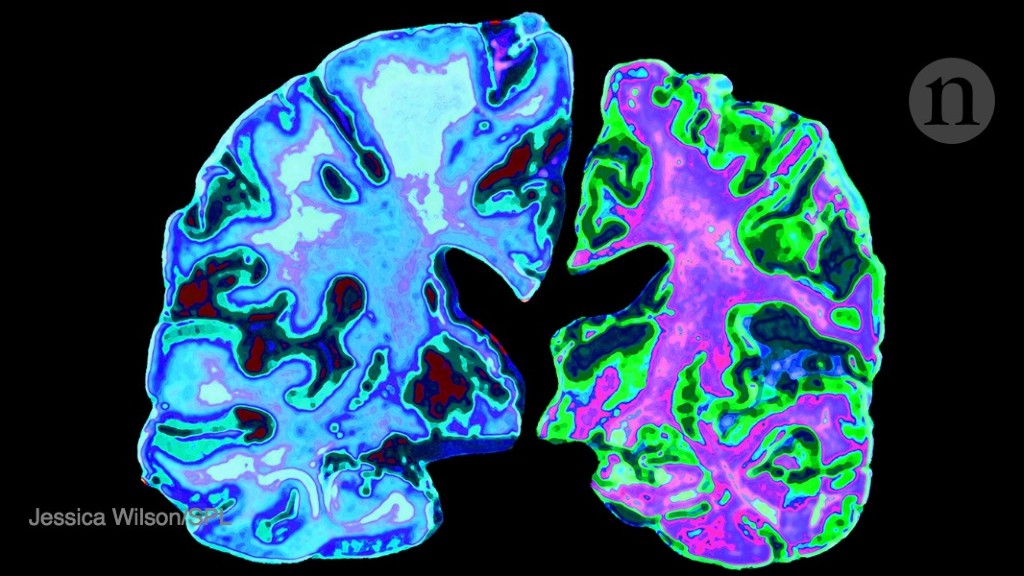
"The overproduction of a protein called tau has long been observed in the neuron degeneration that causes Alzheimer’s and other forms of dementia. But the exact genetic process that causes tau to proliferate has been something of a mystery. Scientists led by the University of California, Los Angeles, say they’re a step closer to understanding the genes involved in the overproduction of tau."
Posts published in “Research”

"They stress that their research does not suggest that disorders such as Alzheimer’s disease are contagious, but it does raise concern that certain medical and surgical procedures pose a risk of transmitting such proteins between humans, which might lead to brain disease decades later."

"The new findings zero in on the MAPT gene. That gene makes a protein called tau, which also has been associated with cognitive decline in Alzheimer's disease. Identifying the downstream effects of the mutation could help identify new treatment targets for frontotemporal dementia, Alzheimer's disease and other tau-related illnesses, including Parkinson's disease."

"A new test using patients’ saliva may be helpful in distinguishing between Alzheimer’s, mild cognitive impairment, and normal brain function, new research reports."
"UT Southwestern researchers have succeeded in neutralizing what they believe is a primary factor in late-onset Alzheimer’s disease, opening the door to development of a drug that could be administered before age 40, and taken for life, to potentially prevent the disease in 50 to 80 percent of at-risk adults.... 'If we can negate the ApoE4 process early, we may be able to prevent late-onset Alzheimer’s altogether for many people so that they will never get sick,' Dr. Herz said."
"A new study has suggested that treating Alzheimer’s disease as six separate conditions could help forge the way for more personalized and effective treatments."

"Researchers from Rutgers University gave mice small amounts of both caffeine and EHT. Individually, each compound had no effect, but combined, they activated the portion of the rodents' brains that fights the build-up of proteins that cause Parkinson's disease and Lewy body dementia."
"The study conducted at the University of Helsinki and the University of California, found that the use of two memory tests assessing episodic memory made the diagnosing of mild cognitive impairment due to Alzheimer's disease more precise. Memory tests helped identify those individuals with an increased risk of receiving an Alzheimer's diagnosis within the next three years."

"A new review of clinical trials advises on the best way forward. A new review of clinical trials advises on the best way forward... But are researchers on the right track with their investigations, and what would be the best treatment approach? A new comprehensive review published in the journal Neurology, and available online, addresses these questions."
"Being Patient talks to Dr. Pauline Maki about the effect of hormones on cognition and whether there is a link between estrogen, menopause and memory loss."
